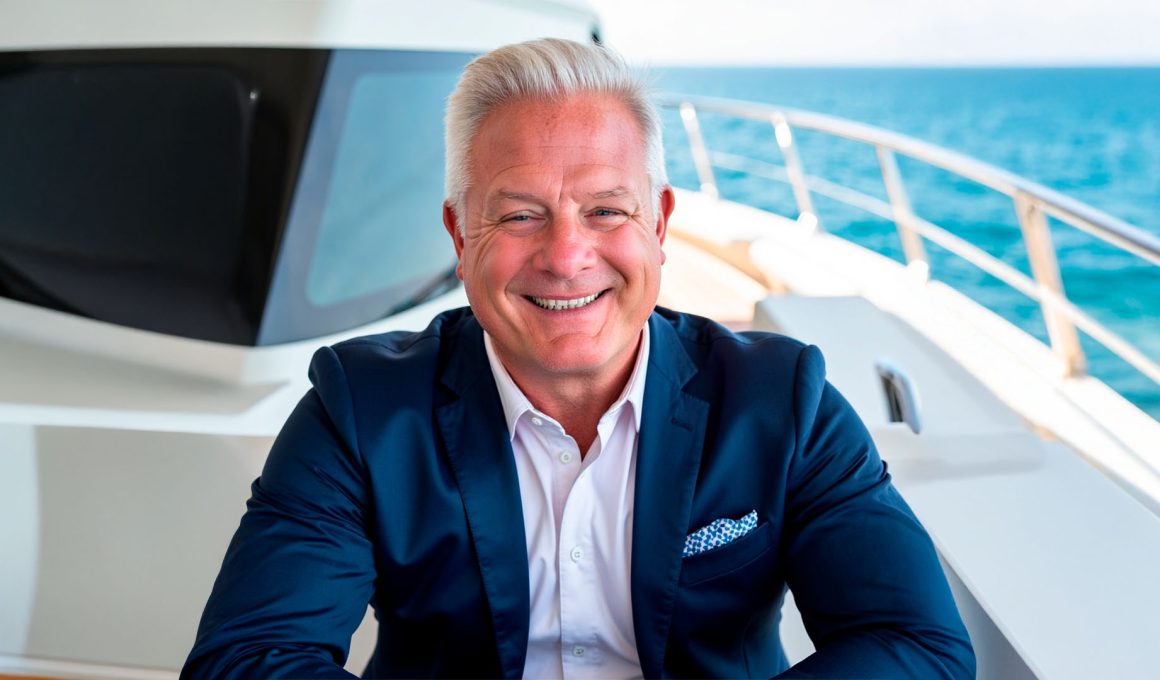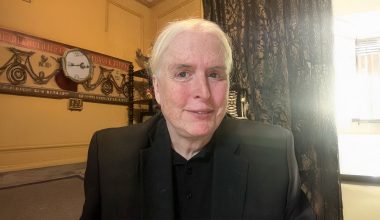Building a business across international borders comes with unexpected challenges that can derail even the best-laid plans. From language barriers to regulatory hurdles, founders quickly discover that success at home doesn’t guarantee smooth expansion elsewhere. Joshua David Farley, Chief Revenue Officer at BESTMOW, learned these lessons firsthand while scaling his lawn mowing robot company across multiple continents.
Navigating Shifts in Business Strategy
Farley had a clear vision from the start. “The strategy for the company is we want to see a robot, a lawn mowing robot on every lawn worldwide,” he explains. His roadmap seemed straightforward: dominate the U.S. market first, then expand to Canada, followed by other international markets. But business rarely follows the script. Tariffs changed everything. “As with anything in business, there are those unexpected things that occur, so we scrambled and started our campaign in Canada really quickly,” he recalls. What was supposed to be a fourth-quarter launch became an urgent pivot that required immediate action. The experience taught him that flexibility matters more than perfect planning.
One of Farley’s smartest moves was recognizing seasonal opportunities. While most businesses see winter as downtime, he saw it as a chance to expand into markets where spring was just beginning. “The mowing season in the U.S. pretty much ends in October. So our spring, which is typically in April, the Australia and New Zealand market starts in about September for them,” he notes. This timing strategy eliminates the traditional seasonal slump. “It’s a whole new market,” he says. “Us being a seasonal provider, we’ve decided to expand into those markets as well.” Instead of hibernating during winter months, Farley’s team stays busy serving customers on the other side of the world.
Managing Cultural and Language Challenges
Expanding into Canada seemed natural as a first step, but Farley quickly discovered that proximity doesn’t mean similarity. Cultural differences in advertising became apparent immediately. “We watched commercials from Canada because advertising hits people differently, and in Canada, you’ve got a different way to advertise to Canadian individuals versus U.S. individuals,” he explains. The real shock came with Quebec’s language requirements. “Make sure that you have all material in the right languages,” Farley advises, speaking from experience. “The assumption is that English is everywhere, but especially in Quebec, with the laws about French speaking, they don’t have to have everything in English.” This wasn’t just about translating brochures. He found himself scrambling to find French-speaking technical support staff. “We had French-speaking customer service people, but not on our technical side,” he admits. “The technical piece has got to be a much more analytical person, and we did not hire or look for French-speaking people.”
Overcoming Technical and Regulatory Hurdles
Technical products face additional hurdles that many founders overlook. Safety certifications that work in one country don’t automatically transfer to another. “What are the regulatory things that you have to jump through in another country that you may not have to deal with in the U.S.?” Farley asks. “You can’t really just throw it on the Internet. I mean, you can, but you’re eventually going to hit some speed bumps.”
Even basic technical specifications become complicated. Different countries use different electrical standards, plug configurations, and safety requirements. For his robotic lawn mowers, this meant additional certifications for each new market. “You have to have additional certification with that,” he explains regarding the UK expansion.
Conducting Research for Real Insights
Demographics tell only part of the story. “Demographic studies give you income and things of that nature. They don’t give you what’s going to resonate with those people,” Farley points out. Understanding what motivates customers in different cultures requires deeper research than most companies realize. The key is avoiding paralysis by analysis while still doing proper preparation. “You can overthink things and be too scared and miss your window,” he warns. Finding the balance between thorough preparation and timely execution often determines success or failure in new markets.
Farley’s expansion plans continue with New Zealand, Australia, and the UK on his radar. Each market brings its own challenges, from safety certifications to cultural preferences. He’s also secured a celebrity partnership to boost brand recognition across multiple regions. The systematic approach he has developed prioritizes understanding local requirements before launch while maintaining enough flexibility to adapt quickly when circumstances change.
Connect with Joshua David Farley on LinkedIn to explore more insights on global business expansion.


